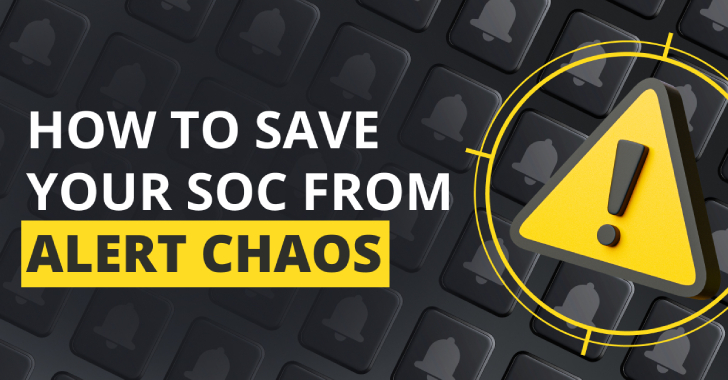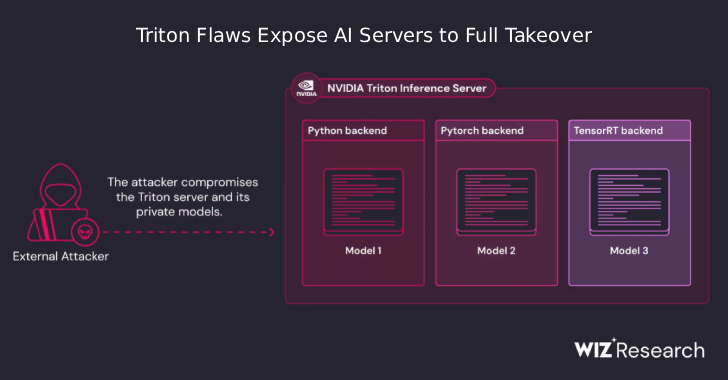For Cyber Villains, Every Day is Halloween
How to Protect Yourself from Spine-Chilling Social Engineering Tricks
Remember when your parents checked your Halloween candy before you wolfed it down? Hopefully your cybersecurity company is just as vigilant!
While Halloween comes just once a year, the risk from cyber villains is a clear and ever-present danger. These criminals employ social engineering scams that are the digital equivalent of trick-or-treating, with the goal of taking away your most valuable possessions—your data and your money.
The criminals behind these scams are akin to wolves in sheep’s clothing, using digital disguises to blend into the background and deceive their victims. Understanding what to look for in a world filled with digital threats can be challenging, but a little caution can go a long way in preventing nightmares.
Here are some Scary Costumes Cybercriminals Use:
- The Friendly Email from a Colleague: It starts with an email that appears to be from a colleague or even your boss. It might ask for a quick favor or prompt you to download an attachment. But be warned, these could be devious phishing attempts, designed to extract valuable information or plant malware on your device.
- The Urgent Message from Your Bank or Credit Card: A text or email from your bank or credit card reports suspicious activity on your account, urging you to take immediate action. These are often scams aiming to snatch your personal details and gain access to your accounts.
- The Friendly Stranger on Social Media: A new follower or friend who seems to share common interests or mutual acquaintances might not always be genuine. These individuals could be digging for personal tidbits that can be used against you.
- The Lookalike Websites: Cybercriminals are known to clone websites that you frequently visit, in the hopes that you’ll log in and unknowingly hand over your credentials.
- The Sweepstakes Win: An email claiming that you’ve won a prize might tempt you to click on a link to claim it. In reality, the only “prize” you might get is malware on your device.
- The Impersonation Game: Perhaps the most sinister of all, these scammers take on the identity of someone within your company, or even worse, impersonate you. By stealing identities, they can deceive others into taking actions that compromise security.
- Tech Support Calls: “Hello, we’ve detected a problem with your computer!” Such unsolicited calls are rarely genuine. These fraudsters are hoping you’ll grant them access to your device or install “support software” that exacerbates the problems forcing you to pay to have it resolved.
How to Unmask These Scams and Stay Vigilant
Unmasking these digital disguises requires a keen eye and a vigilant mind. Here are some tips to protect yourself from these nefarious tricks:
- Think Before You Click: Always hesitate before clicking on links or downloading attachments, especially if they come from unexpected sources. On a computer, mouse over every link before clicking and first check out the actual URL (be careful, a lot of the scam URLs look very similar to the authentic company URLs).
- Verify Before Trusting: If a message claims to be from someone you know, reach out to them directly (not replying to the same email) to ensure its legitimacy.
- Strengthen Your Digital Walls: Use unique, robust passwords for all your online accounts and enable two-factor authentication whenever available.
- Guard Against Unsolicited Contacts: Be cautious about unexpected friend requests or messages on social media. Confirm the identity of the person before engaging with them or giving them any personal information.
- Stay Updated: Make sure all your devices (computers, cell phones, firewalls, etc.) are equipped with the latest security patches and software updates.
- Educate and Spread Awareness: Share your knowledge of cybersecurity threats with your family, friends, and colleagues. A well-informed community is a stronger defense against cybercriminals.
- Backup Regularly: If the worst does happen, having a recent backup can save you from a lot of headaches and potential data loss.
As we celebrate Halloween, it is important to remember that the most chilling threats might be lurking in your inbox or on your social media feed.
In this era where the virtual and real worlds frequently intertwine, being aware of these digital disguises is paramount.
So, stay vigilant, contact Cyber Defense Advisors with any questions you may have, and let’s keep the tricks strictly for fun! Happy Halloween!






